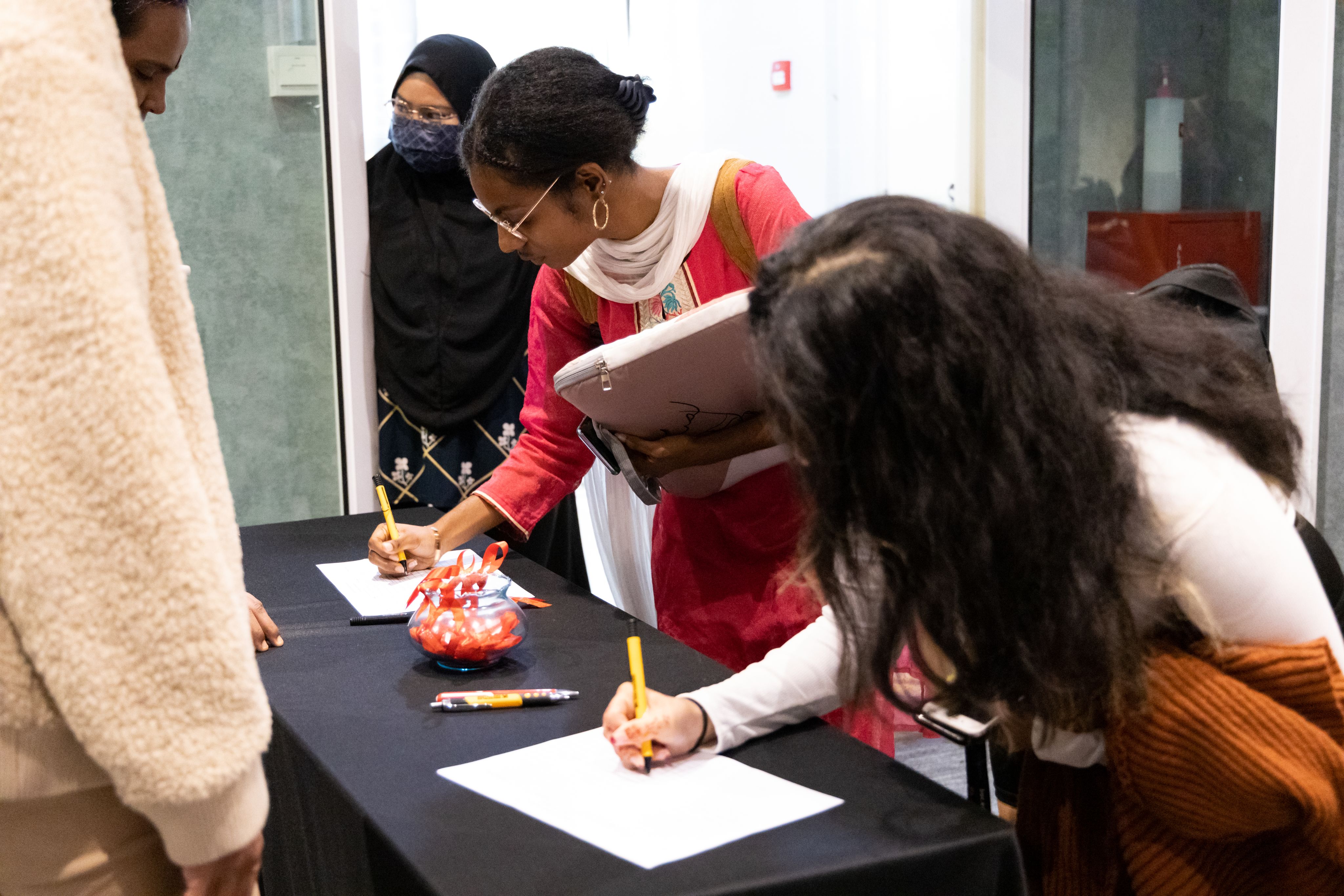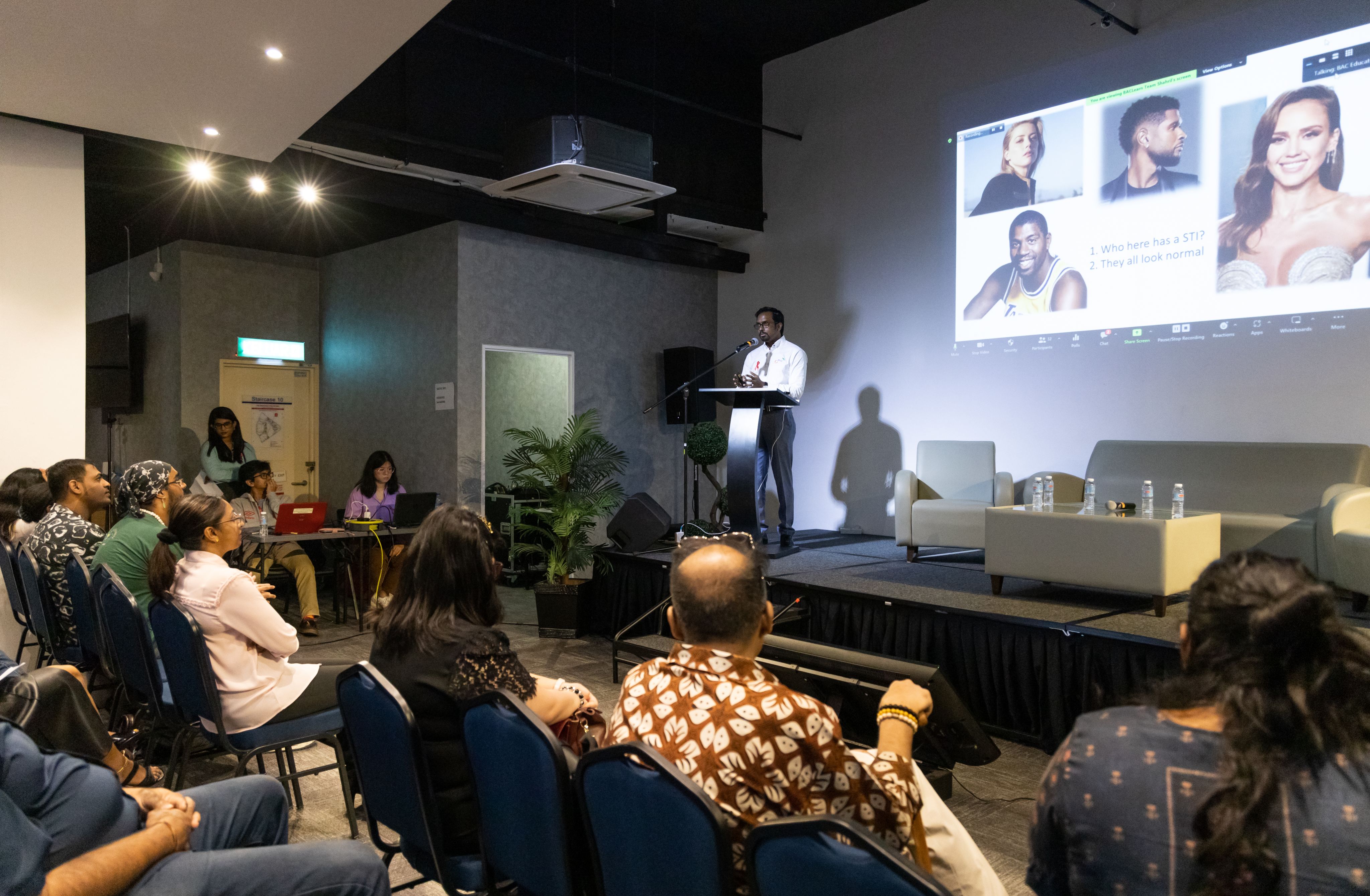Understanding Sexual Health: Insights from Experts to Break the Taboo

Sexual health has long been a taboo topic, with many people feeling uncomfortable discussing their personal experiences or seeking help when they need it.
An interactive discussion called “Sexual Health: Breaking the Silence” was held on March 30th 2023 at BACPAC. This session was organised by the BAC Education Group, and supported by DTap Clinics, Malaysian Aids Council (MAC), Mind Matters Network, and Karex.
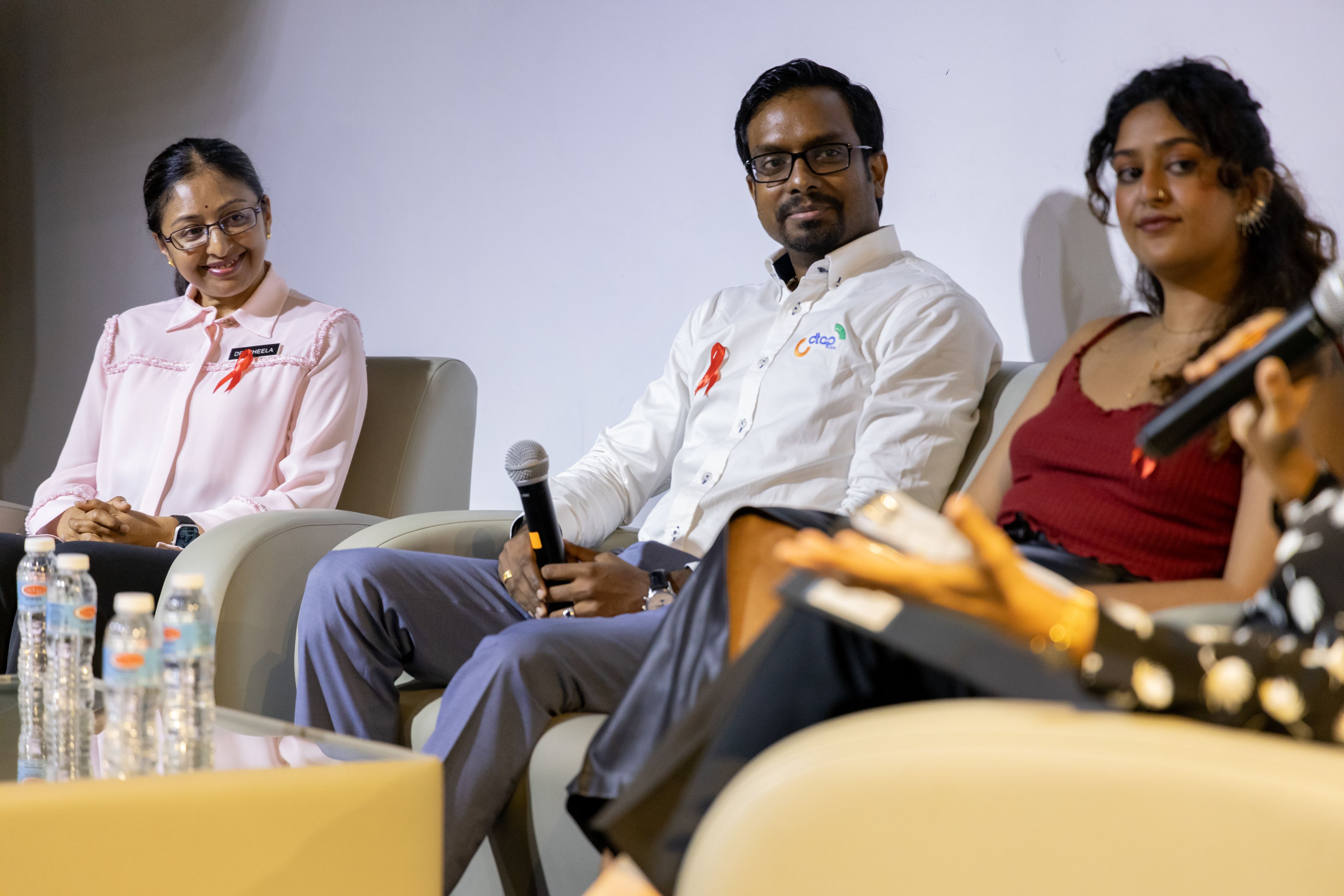
The event featured a panel of speakers who are experts in the field
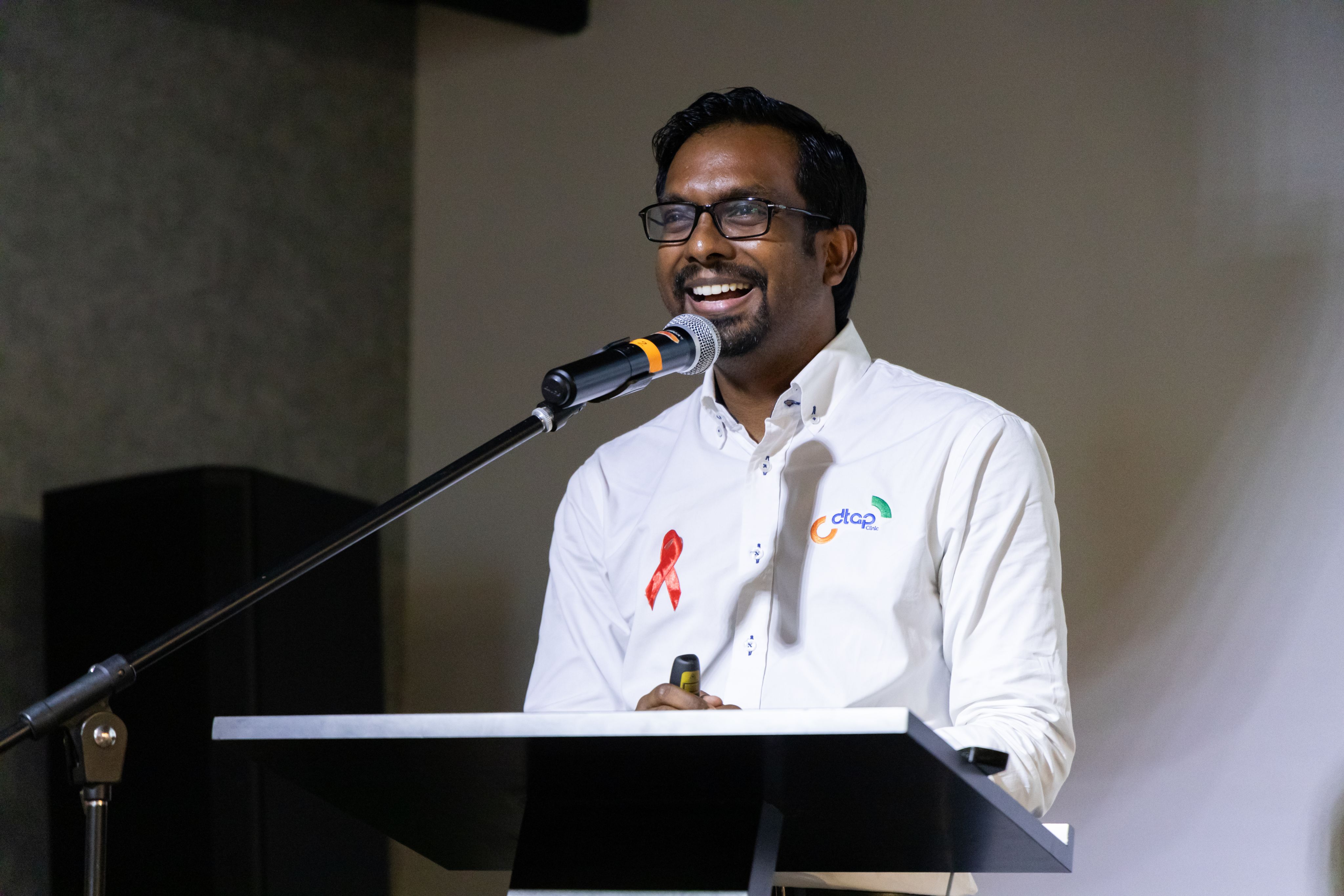
Dr Kaarthig Ganesamoorthy
A graduate of the International Medical University (IMU) who serves as a Medical Officer in the field of Internal Medicine, and an expert in men’s sexual health.
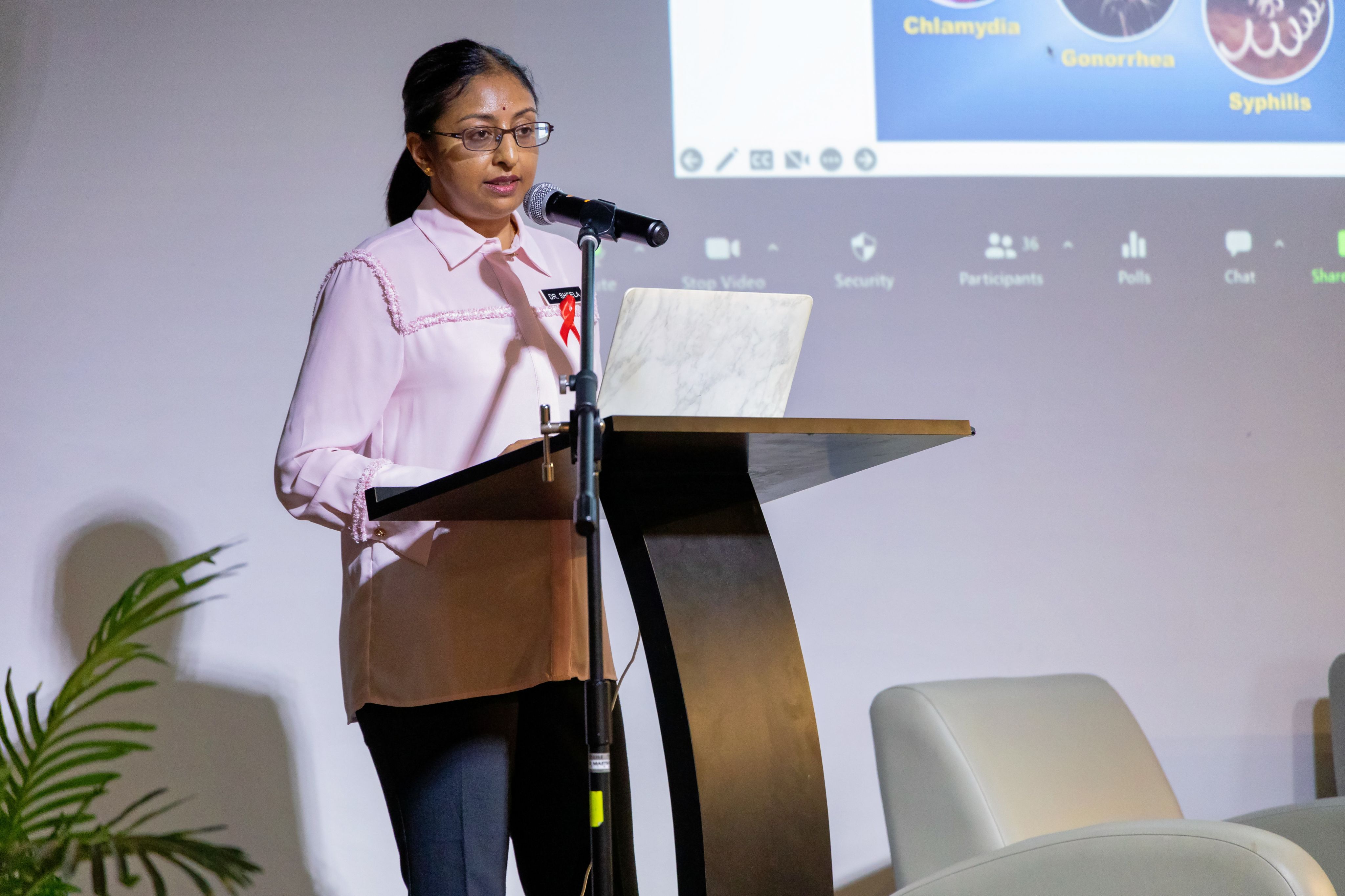
Dr Sheela Bai Panir Selvam
Founder of the first successful STI Client Friendly Unit in a government primary care clinic in Malaysia in 2014.

Masumi Parmar
Co-founder of Mind Matters Network, a youth platform that focuses on mental health initiatives.

Mr Brian Lariche, from Make It Right Movement, gave an opening note, emphasising the purpose of the event, which is to promote understanding and increase knowledge.
“We are very much into mental health, and we believe that the mental health of our students is as important as their educational journey,” Brian passionately said.
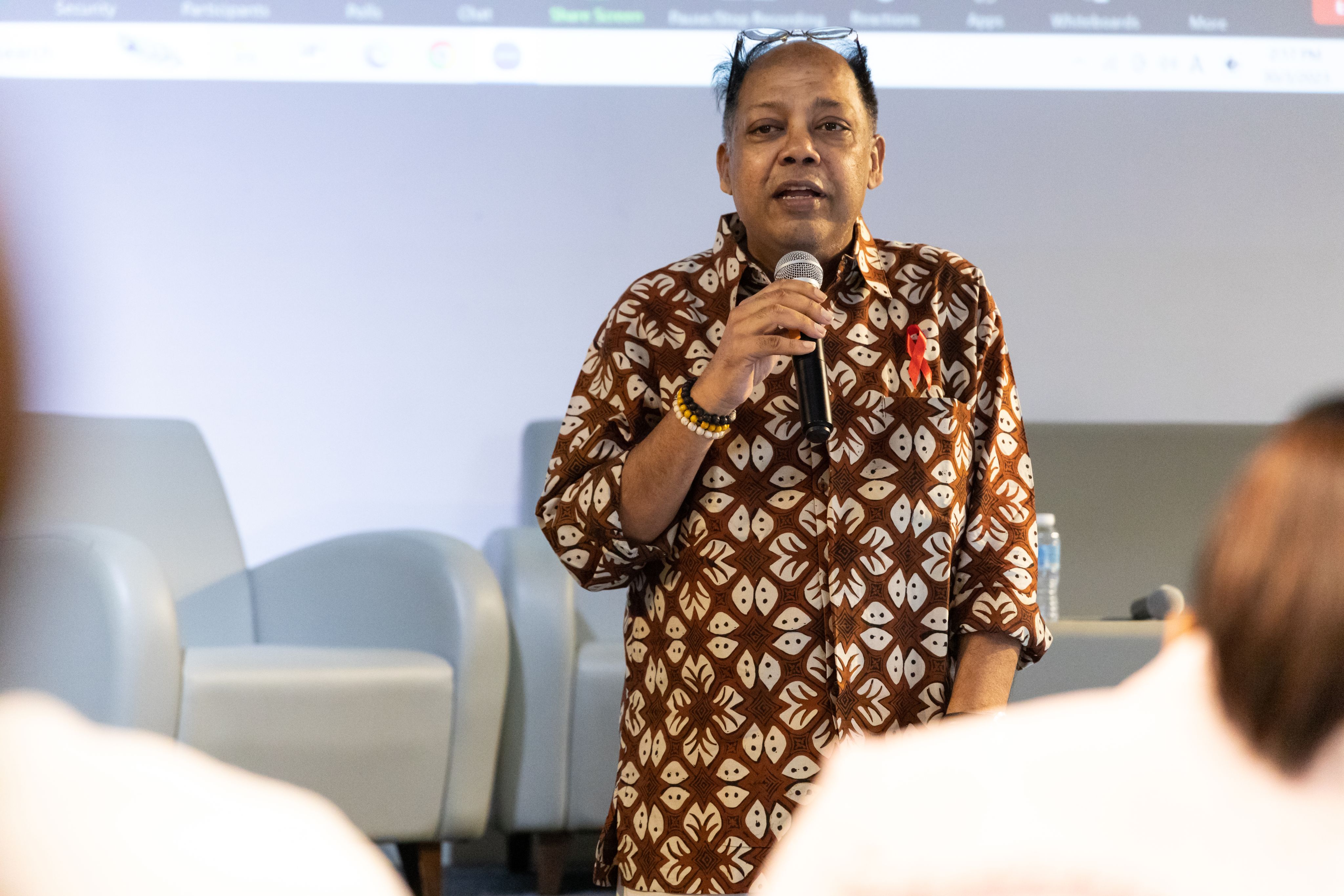
Dr Kaarthig sparked the audience's curiosity by demonstrating how someone who appears to be in perfect health may still be affected by sexually transmitted infections (STIs) without exhibiting any visible symptoms.
“There's no way you can look at somebody and say that person doesn't look clean; therefore, they have STI. The five most prevalent STIs are the Human Immunodeficiency Virus (HIV), herpes, syphilis, gonorrhoea, and chlamydia. While treatment options are available for most STIs, there are some, including herpes and the Human Papilloma Virus (HPV), that are not curable and can only be managed,” he added.
“It's essential to understand that STIs are preventable and avoidable at times through education, vaccination, and safe sexual practices,” Dr Kaarthig reassured.

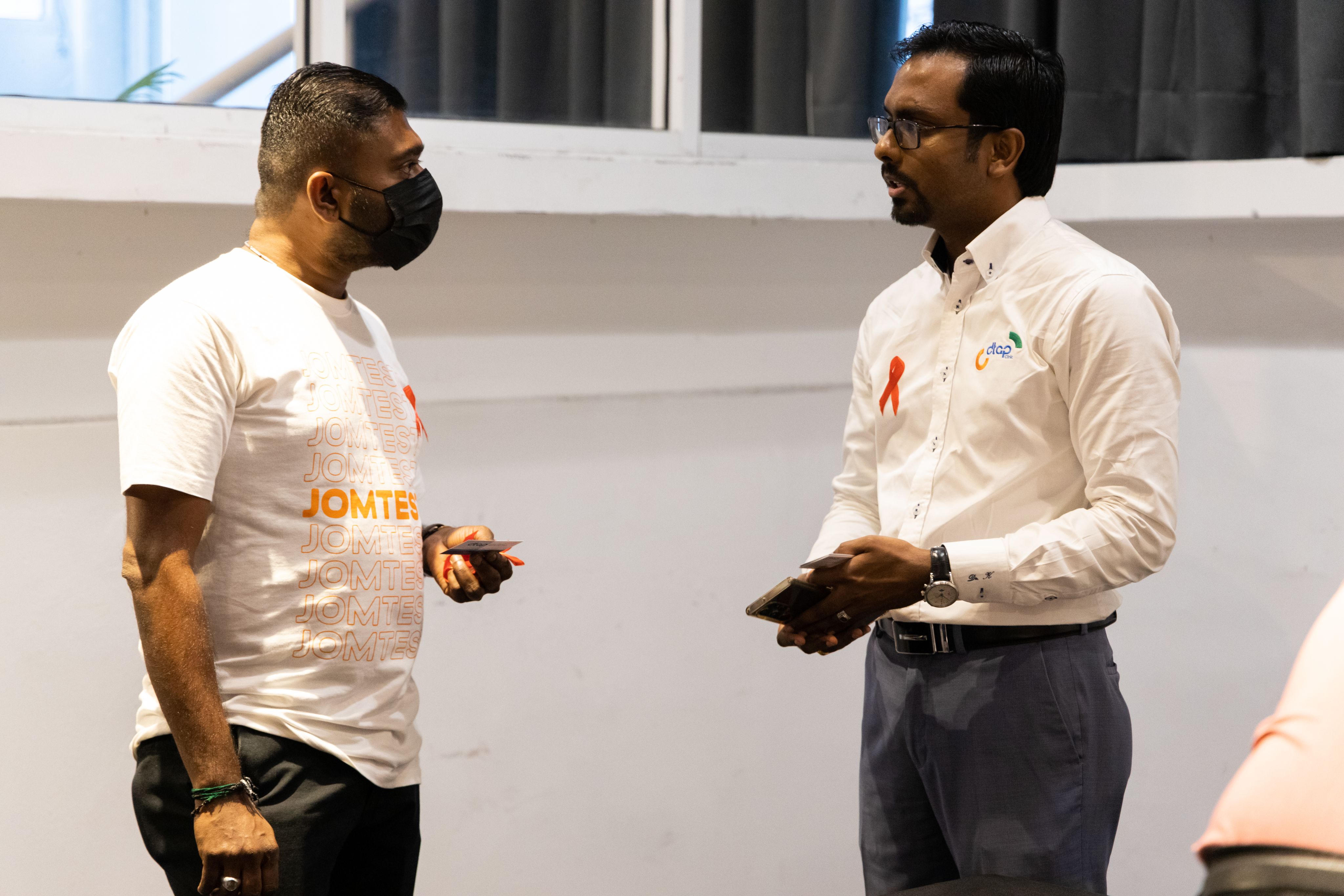
Dr Sheela, on the other hand, showed a slide that showed a staggering 500 million cases of sexually transmitted infections every year across the world.
“Initially, HIV cases were as high as 6,000 to 7,000. Gradually, with many programmes by the Ministry of Health, we successfully brought the number of HIV cases down to half. Now, this is the challenge. For some reason, it's maintaining between two and three thousand numbers a year,” Dr Sheela explained.

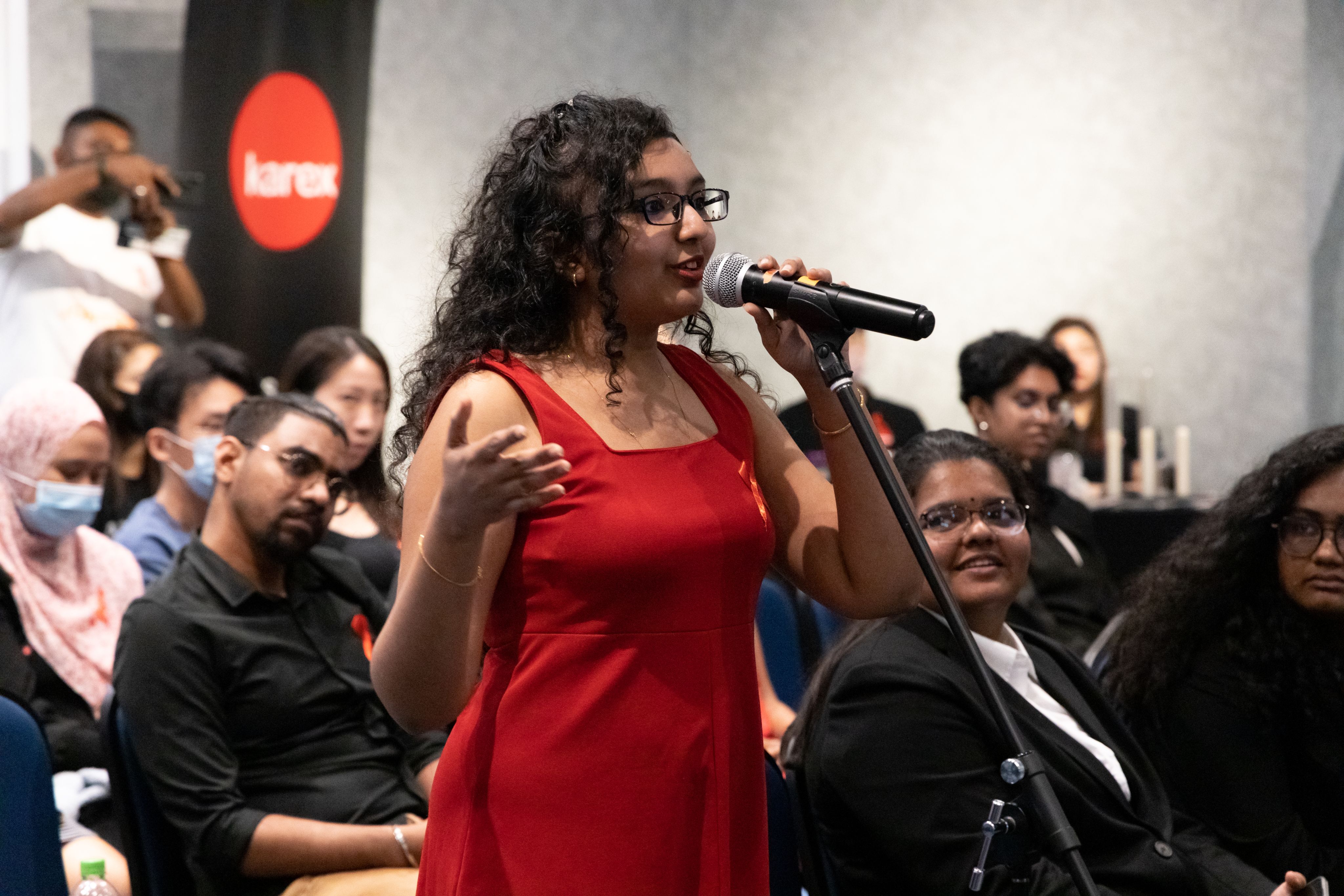
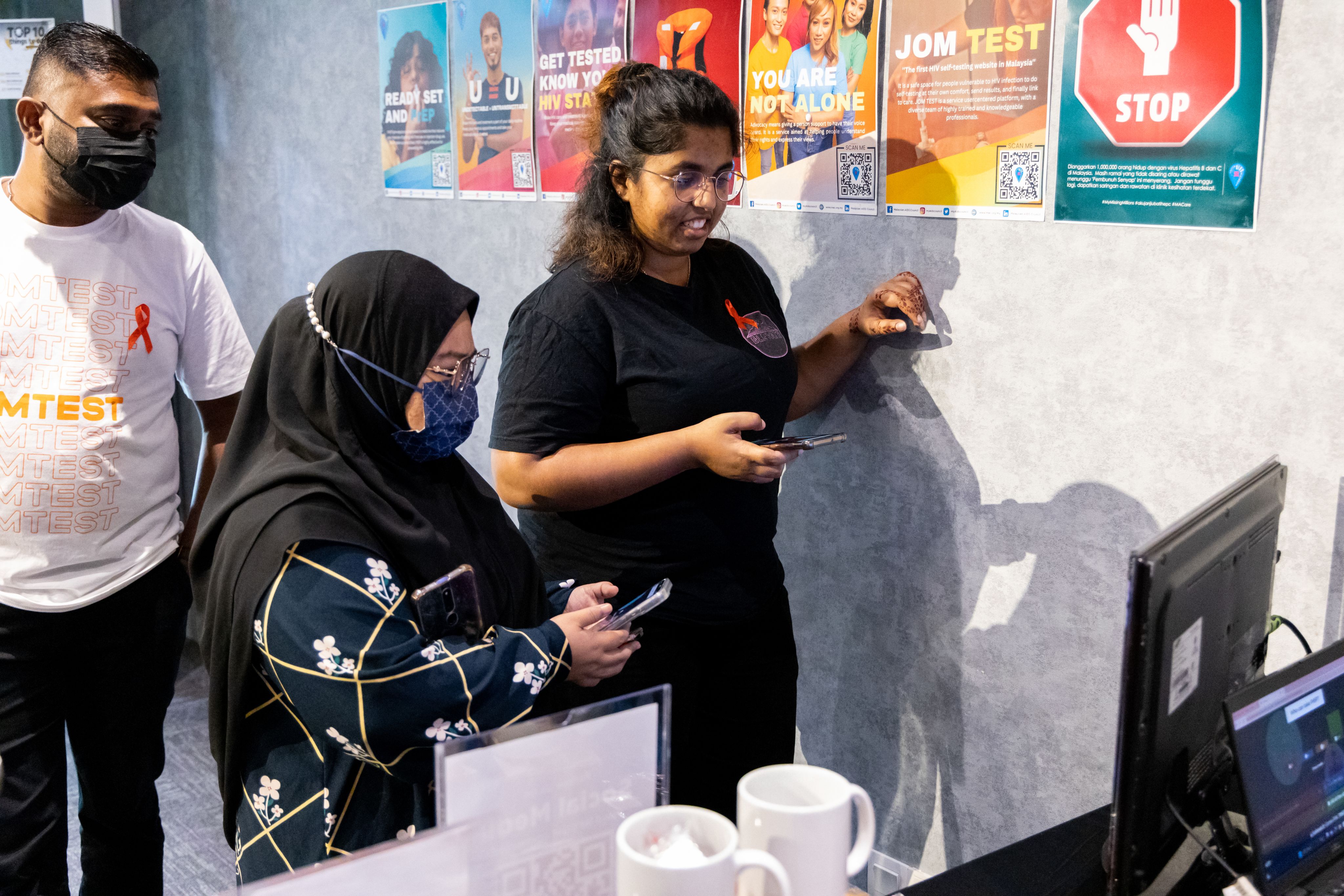


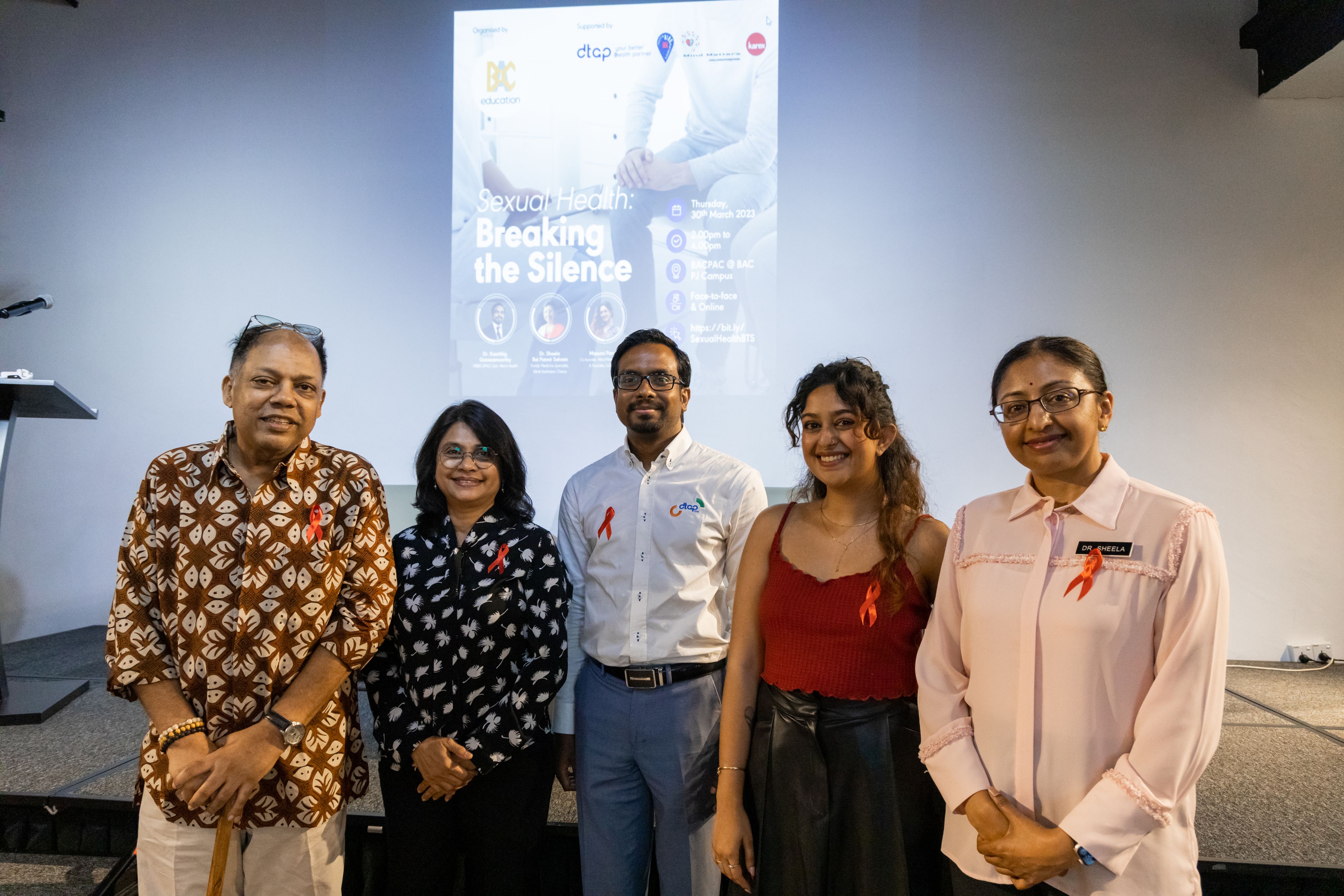

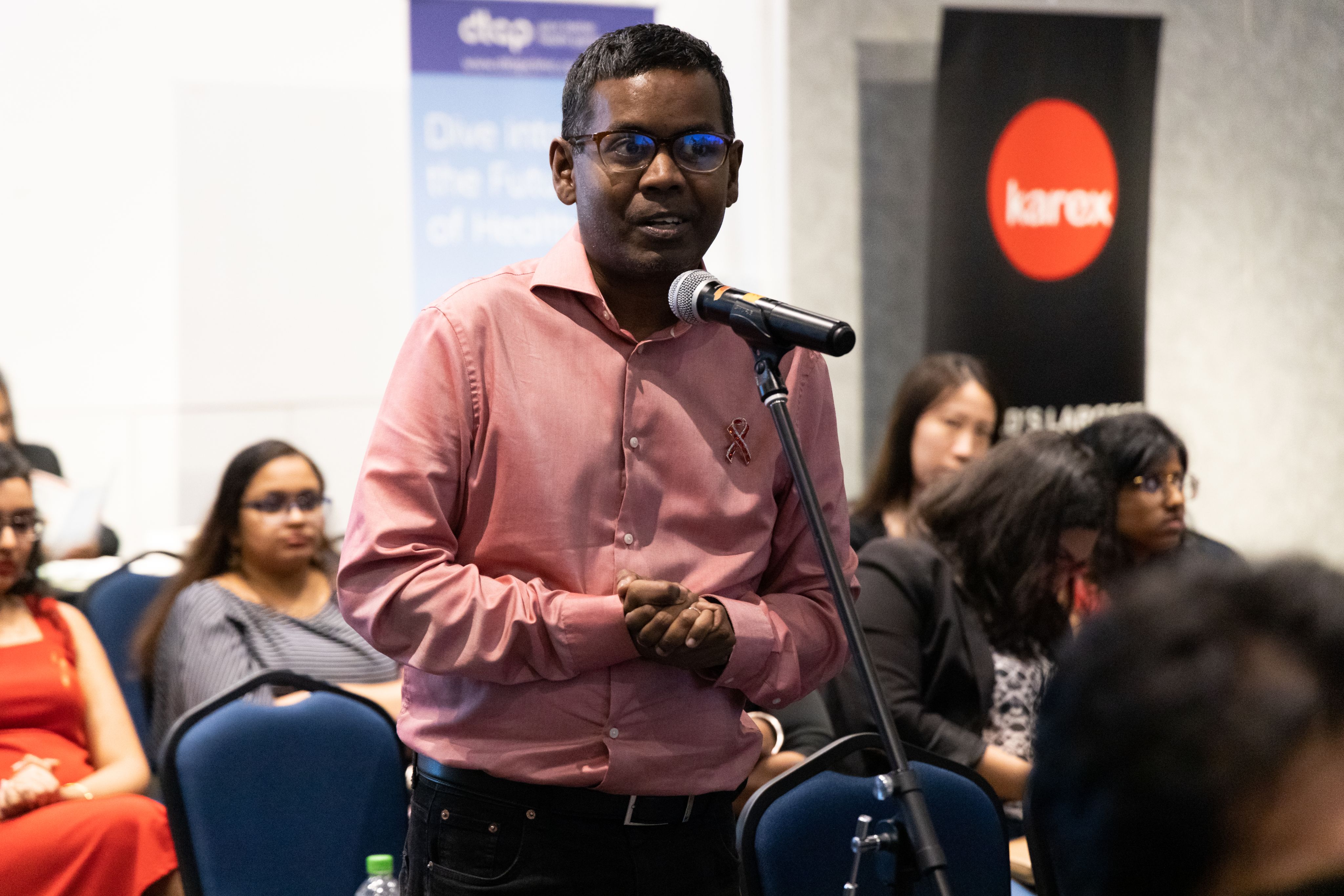
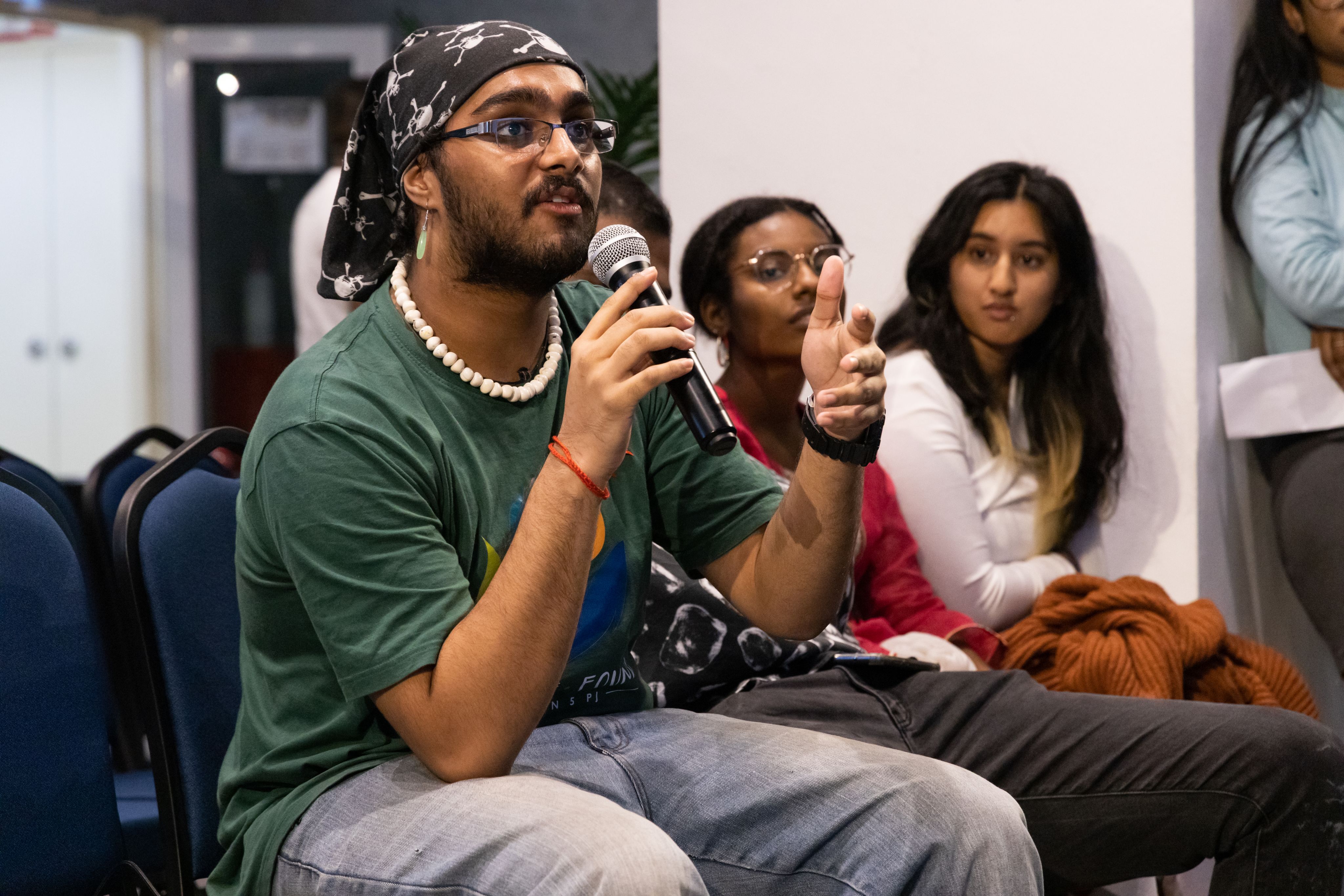


"About 45% of newly diagnosed cases of STIs are among college students and young working individuals aged 20 to 29. The majority of people in this group are aware of STIs and how they can be transmitted. However, the minority who are unaware could potentially infect twice as many people unless they undergo testing,” Dr Sheela eloquently briefed about the reasons for the increasing number of HIV cases and the driving factors behind its transmission.
The sexual health specialist outlined the ‘ABCDs’ of sexual health as a method of prevention or management. ‘A’ stands for abstinence, ‘B’ represents behaviour, and ‘C’ covers the use of condoms, circumcision, and contraception. ‘D’ refers to medication, commonly known as "drugs" in medical terms.
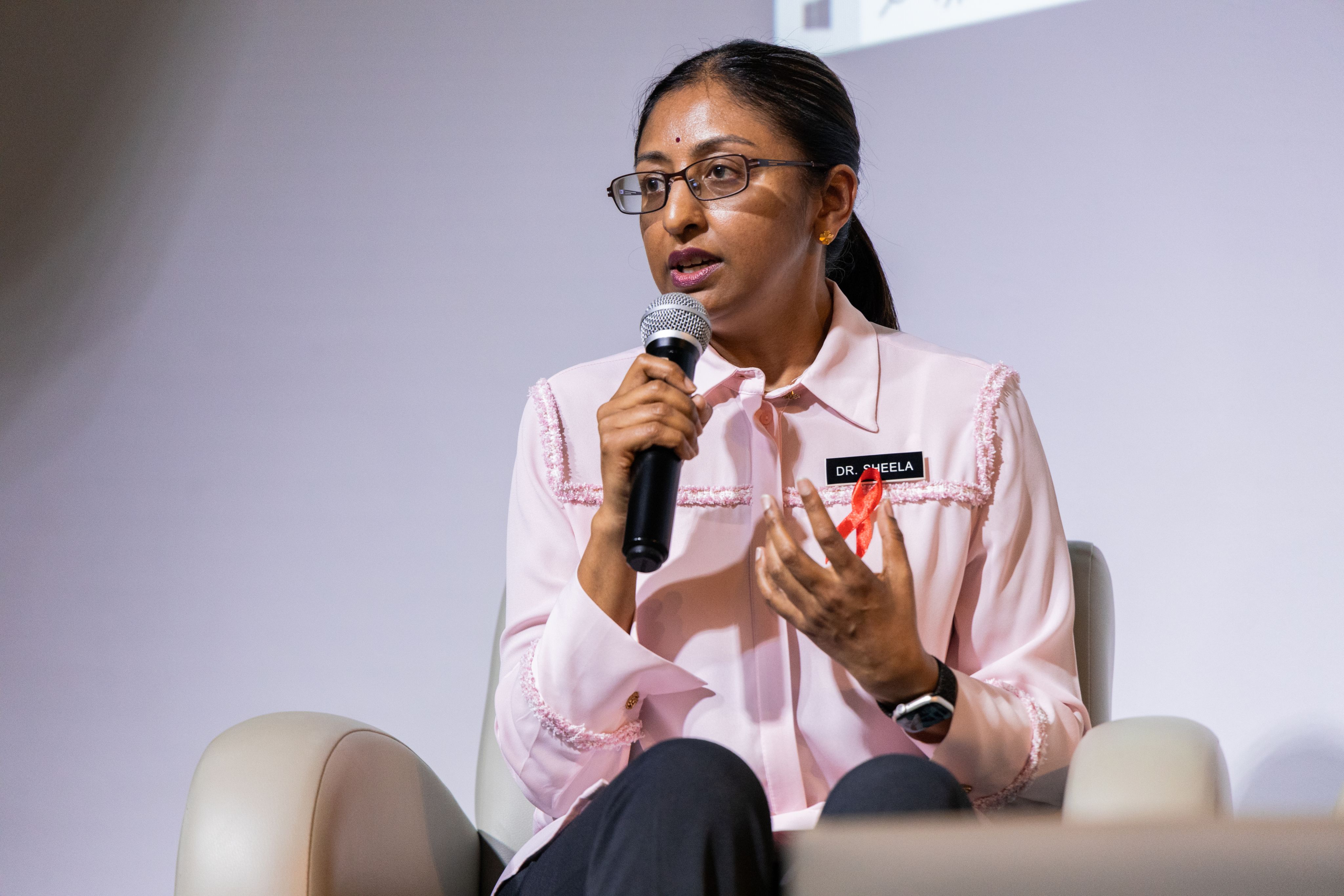
Masumi, an outspoken advocate, firmly believes that mental health is an essential aspect of one's overall well-being and is closely tied to sexual and reproductive health.
“STIs are associated with a psychological and social burden. Individuals who have been diagnosed with STIs reported shame, anxiety, embarrassment, isolation, fear of rejection, and fear of not being sexually desirable. The social and cultural norms around sexual behaviour can affect young people’s mental health related to STIs,” Masumi explained.

She also raised the issue of how stigma and discrimination can lead to unhealthy coping mechanisms, such as engaging in risky sexual behaviours, and can also hinder access to healthcare, which in turn limits opportunities for screening and prevention.

Dr Sheela suggests that if someone is worried about their sexual health, they can visit a government clinic and request anonymous testing without having to disclose their personal information, such as their name or Identity Card number.
Meanwhile, BAC students who want to undergo testing at Dtap Clinic are eligible to have their consultation fees waived by presenting their student identification cards.
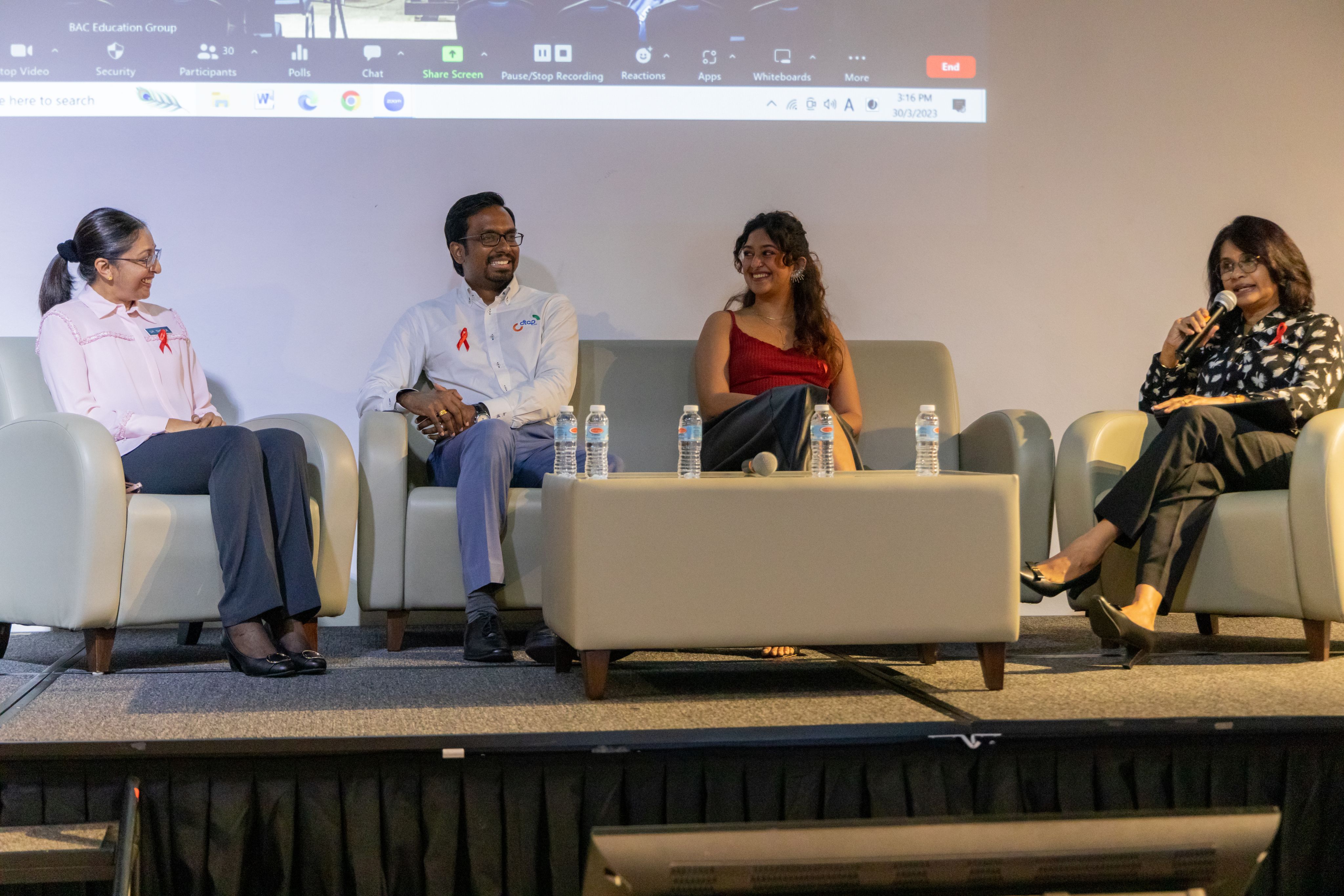
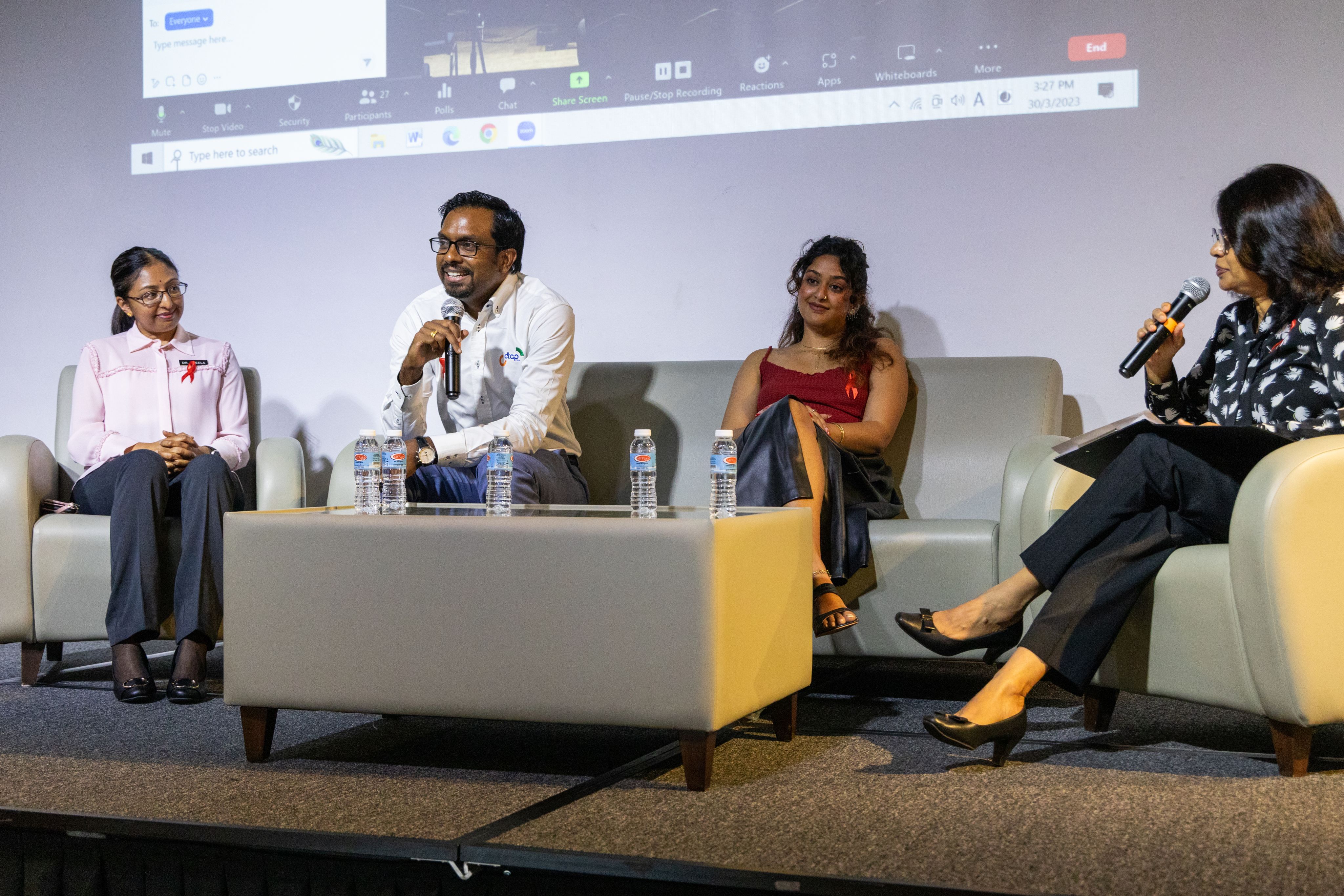
Through interactive discussions and informative sessions, Sexual Health: Breaking the Silence encouraged attendees to break free from the stigma surrounding sexual health and embrace it as a vital part of overall well-being.
With the focus on empowering individuals to take control of their health and well-being, this event has been an evening of enlightenment and empowerment.
